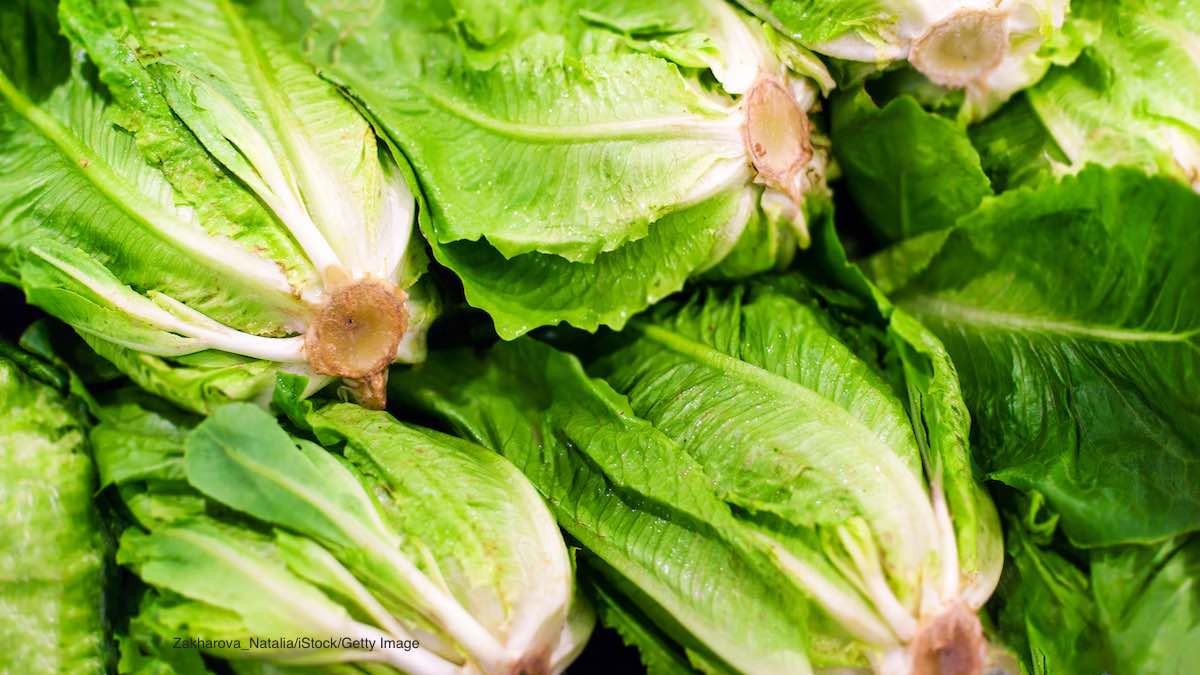The CDC has released information about the romaine lettuce E. coli O157:H7 outbreak that has sickened dozens in the U.S. and Canada. Officials now say that they think the contaminated lettuce was grown in the Central Coastal growing regions in northern and central California. That means that the warning to avoid all romaine lettuce products has been “narrowed.”

In other words, if you know that the romaine lettuce you are going to buy is definitely not from that California growing region, it is safe to eat. If you don’t know where the romaine lettuce is from, do not eat it.
The FDA has reached an agreement with romaine growers and distributors to start labeling romaine, whether it’s bagged or sold as whole heads, with a harvest location by region. It may take some time before those labels are available.
Other areas around the country where romaine is growing included the desert growing region near Yuma, Arizona, the California desert growing region near Imperial County and Riverside County, the state of Florida, and Mexico, are not linked to this outbreak. Hydroponically and greenhouse grown romaine lettuce is not linked to this particular outbreak. No common grower, farm, supplier, distributor, or brand of lettuce has been named.
If you did purchase romaine lettuce recently, whether it is a whole head, hearts of romaine, baby romaine, spring mix, or Caesar salad, discard it. Then wash and sanitize the drawers or shelves in your refrigerator where you stored this lettuce. Follow the CDC’s recommended steps to clean your fridge.

If you or a loved one has been diagnosed with an E. coli infection, you can contact attorney Fred Pritzker for help by calling 1-888-377-8900.
If you have eaten romaine lettuce and have been sick with severe abdominal cramps and bloody diarrhea, call your doctor. Write down what you ate the week before you got sick, and report your illness to the health department. E. coli infections are diagnosed with a stool sample.
Remember that antibiotics are not recommended for an E. coli infection, because those drugs can increase the risk of developed hemolytic uremic syndrome (HUS), a type of kidney failure. One person sickened in this outbreak has developed HUS.
There are 43 people in 12 states sickened in this outbreak. Sixteen of those patients have been hospitalized. In Canada, 22 people are sick with the same E. coli strain. This outbreak may grow, since the last illness onset date was October 31, 2018, and it takes two to three weeks after someone gets sick until they are diagnosed and reported.




